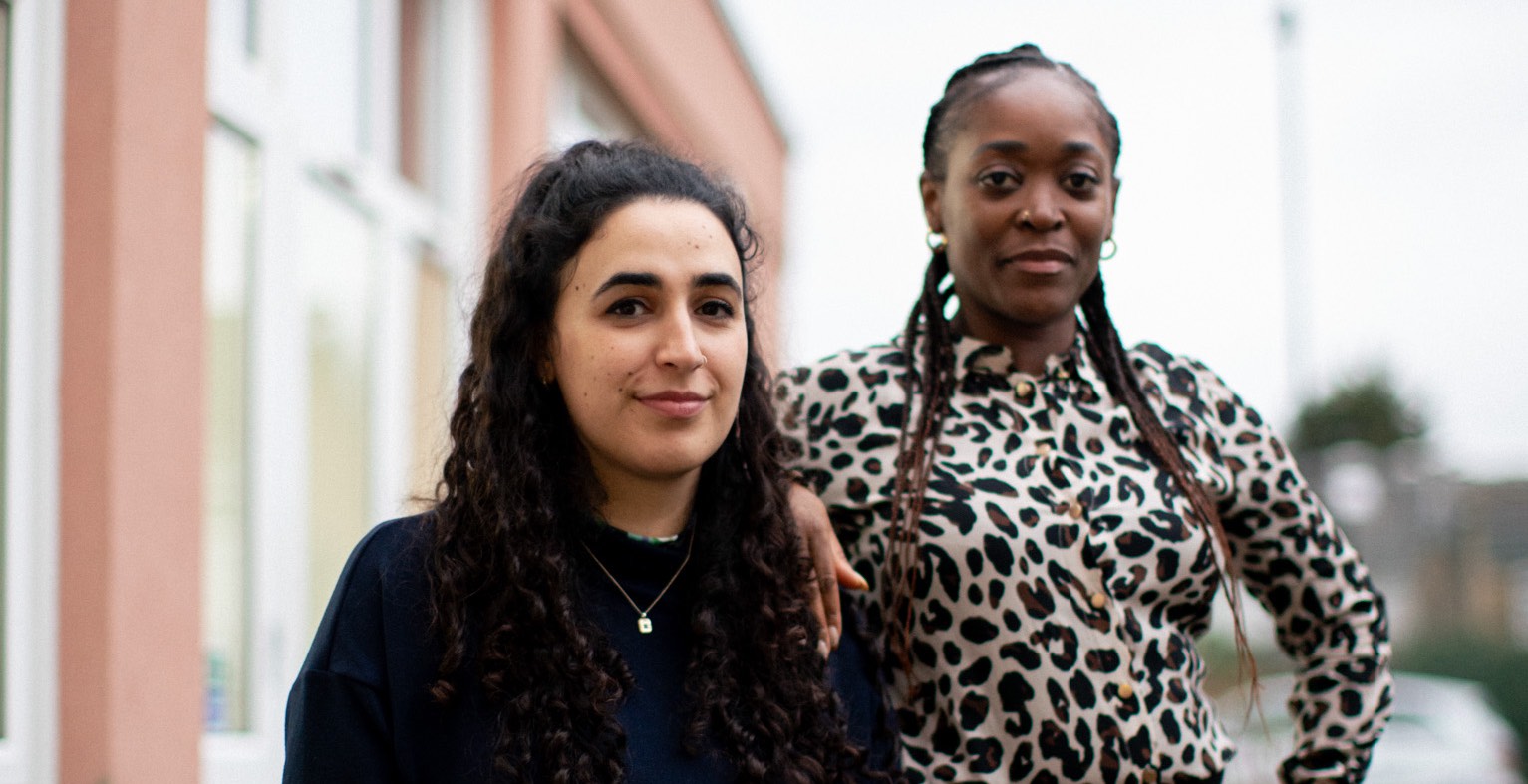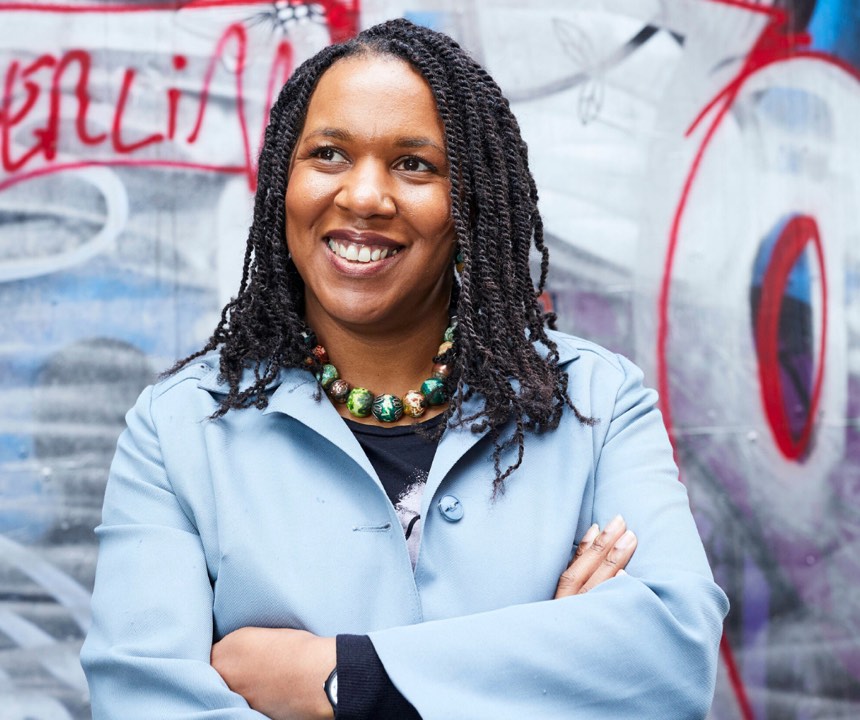We're advocating for systemic changes to create a more equitable and supportive student environment. Giving young people agency and choice in their education journey will foster a greater sense of ownership and engagement, potentially improving both their academic experience and overall wellbeing.

Alongside ongoing curriculum and Ofsted reform, more needs to be done to guarantee an inclusive, adaptive approach to teaching and learning. This will benefit all children regardless of their abilities. Currently, there is no national framework for inclusive practice. Mission 44 is already working with its partners to identify essential indicators of inclusion that could serve as the basis for a national inclusion framework to hold schools to account.
By implementing a flexible curriculum that is driven by and reflects diverse experiences and interests, we can better engage all students and make learning more relevant. This approach increases student participation in school activities, deepens their engagement with education, and in turn fosters a stronger sense of belonging. In addition, diverse classrooms that promote inclusion help bridge cultural differences, promoting understanding and cohesion among students from all backgrounds. This approach must be supported by exam boards that embrace flexibility to respond to the needs of a diverse student body.
Under-reporting and lack of transparency are some of the levers that schools use, which can be exclusionary. 'Off-rolling' is the practice of removing pupils from school rolls without formal exclusion, often to artificially boost school performance.EPI reports show the growing number of pupils leaving school rolls in England, moving to a different school or leaving the state school system completely, for entirely unknown reasons. As schools attempt to reduce suspensions and permanent exclusions, the use of Internal AP within mainstream schools has also risen; where alternative provision is provided within an existing school’s environment. This is neither officially defined nor measured.
To drive improvement, we need a transparent assessment of the current situation. Mandating published data on these practices, and others like managed moves and isolation will discourage illegal practice and hold schools accountable. Additionally, implementing a standardised exclusion process across all schools will ensure fairness and consistency in disciplinary measures, regardless of a school's location or governance structure. For example, currently, pupils excluded from MATs do not have a representative from the Local Authority, whereas pupils in Local Authority schools do.
Recent PISA results highlight a concerning trend in UK schools: only 64% of students feel they belong at school, significantly below the OECD average of 75%. This lack of belonging can have far-reaching consequences.
A recent Pro Bono Economics report proposes a roadmap for the rollout of a universal measurement of children’s wellbeing, which has been backed by a broad coalition of charities, young people’s organisations and mental health experts. A national student experience survey could also build on insights from the BeeWell programme which has listened to the voices of more than 85,000 young people across Greater Manchester and Hampshire, Isle of Wight, Portsmouth and Southampton since it launched in 2021. Addressing this belonging gap is crucial for improving educational outcomes and student wellbeing.

The Black Curriculum is working to embed Black history in the national curriculum for students aged 3-25. By providing comprehensive resources and training, they ensure that all young people learn about the rich tapestry of Black British history, fostering a more inclusive understanding of our shared past.

The Fair Education Alliance is a coalition of organisations working with Mission 44 to embed youth voice in the education system

Rekindle supports the strategic growth of the supplementary school model to reconnect young people with a love of learning and create a virtual home for teaching, learning, training, youth-led research and activism around education reform.

The Who is Losing Learning coalition of which Mission44 is a member - will set out a definition of whole-school inclusion when its Solutions Report is published in March 2025
By supporting these recommendations, we can create a more inclusive education system that gives every child the chance to succeed.
Get involved